CEZID/CBID Distinguished Speaker Seminar Series 2022
Dr. Lisa Hensley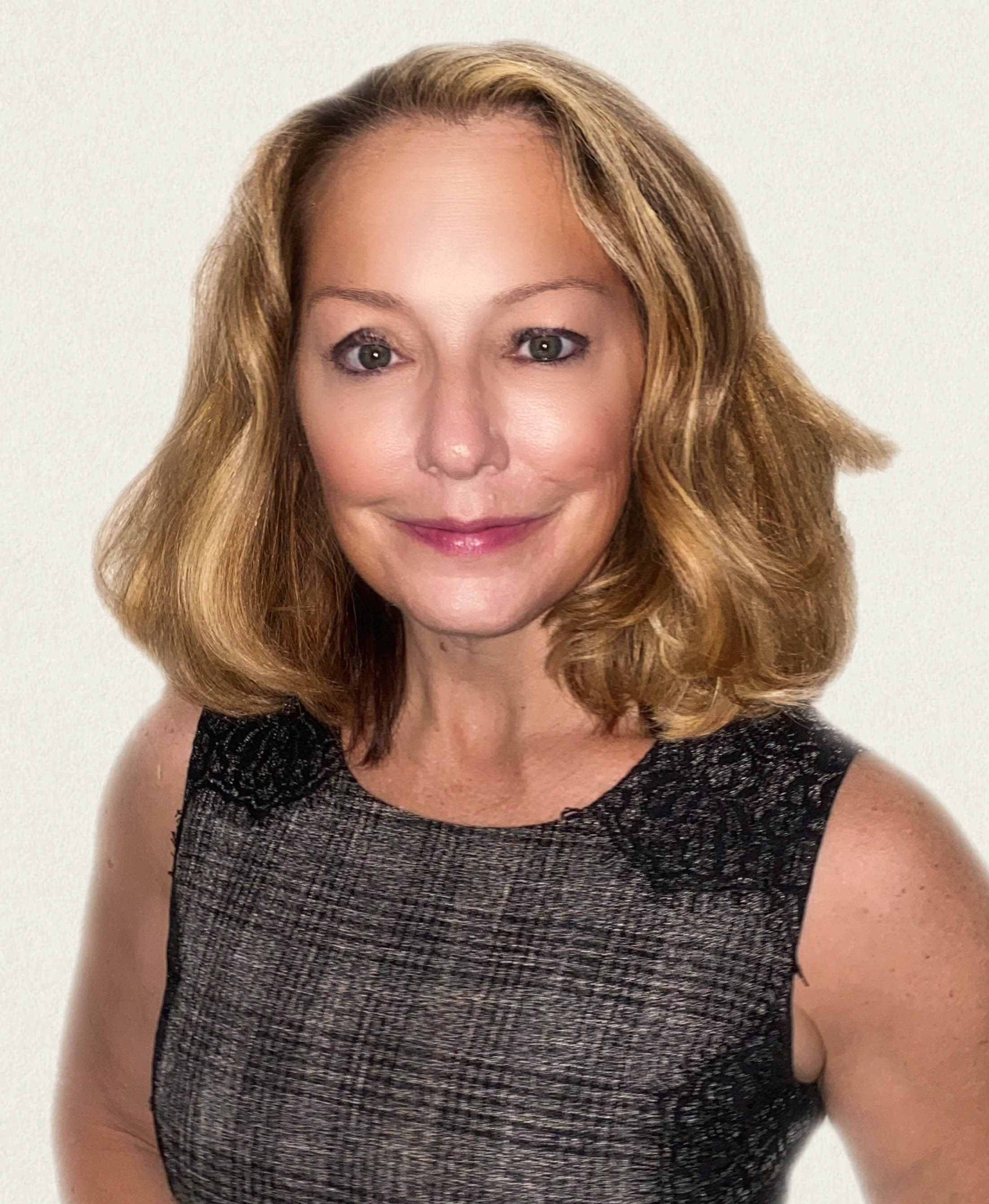
December 15, 2022, 3:00 PM CST
Presents: “Establishment and management of diagnostic laboratories in low resource settings ”
The mission of the Zoonotic and Emerging Disease Research unit is to protect the United States from zoonotic and emerging diseases of the highest consequence to animal and public health, through the performance of basic and applied research to understand disease pathogenesis and host-pathogen interactions.
Dr. Mark Denison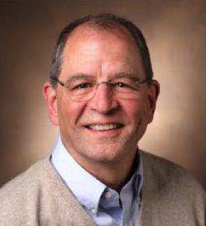
Friday, October 14, 2022
Presents: "How Fundamental Discoveries of Coronavirus Proofreading Led to Two SARS-CoV-2 Anitvirals"
Mark R. Denison, MD, is the Edward Claiborne Stahlman Professor of Pediatrics, Professor of Pathology, Microbiology & Immunology, and Director of the Division of Pediatric Infectious Diseases at Vanderbilt University Medical Center.
Dr. Richard Webby 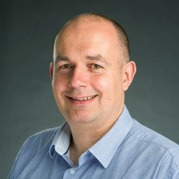
Friday, September 13, 2022, 1:30 PM CST
Presents: "Assessing the risk of animal influenza viruses to human health"
Richard Webby is a native of New Zealand, where he received his PhD in virology from the University of Otago. He moved to St. Jude in 1999 to work under Dr. Rob Webster, a leader in the field of influenza viruses. He has remained at St. Jude and is currently a Full Member in the Department of Infectious Diseases, where he leads a research program focused on understanding how viruses, particularly influenza viruses, jump between host species and how we can improve our pandemic preparedness and response. He has published over 450 scientific manuscripts in this area and leads the NIH-funded St. Jude Center of Excellence in Influenza Research and Response (SJCEIRR) and the World Health Organization Collaborating Center for Studies on the Ecology of Influenza.
Dr. David Weiner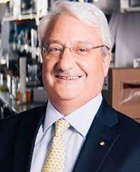
Friday, June 3, 3:00 PM CST
Presents: “ In vivo Nucleic Acid launched delivery for tailoring immunization and immunobiologics for diverse targets”
Dr. Weiner serves as the Director of the Wistar Institute Vaccine & Immunotherapy Center. For his own research he directs a translational laboratory in the area of Molecular Immunology. His group is one of the pioneering teams that established the field of Nucleic Acid Vaccines & Immunotherapies.
Dr. Weiner’s group went on to champion the first programs to move Nucleic Acid vaccines (DNA) into clinical study, including the FIH trials for infectious disease and in cancer therapy, as well as the first Investigational New Drug approved in healthy adults for disease prevention, in this case HIV, opening up the field to expansive development. He contributed to the initial Points to Consider FDA guidance document to establish guidelines for the safe clinical development of Nucleic Acid Vaccine approaches.
Dr. Weiner’s laboratory has published over 438 primary papers and reviews, contributed to several books on immunology and vaccines. He is a elected Fellow of the American Association for the Advancement of Science (2011), and Fellow of the International Society for Vaccines (2014).
Dr. Florian Krammer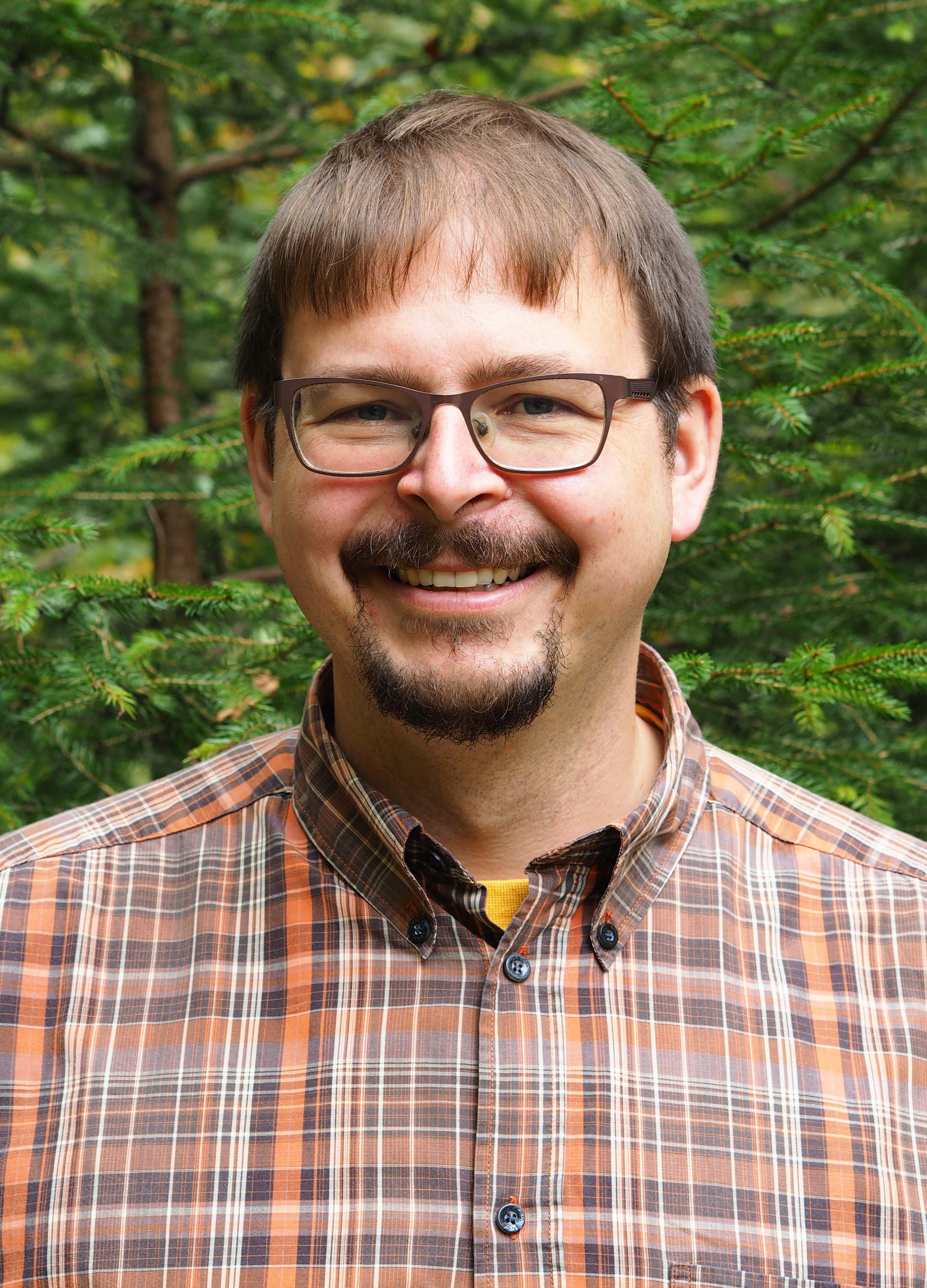
Friday, April 29, 2022, 3:00 PM CST
Presents: “Antibody responses to SARS-CoV-2 infection and vaccination”
Florian Krammer, PhD, graduated from the University of Natural Re-sources and Life Sciences, Vienna (Austria) in 2010. He received his postdoctoral training in the laboratory of Dr. Peter Palese at the Icahn School of Medicine at Mount Sinai, New York, working on hemaggluti-nin stalk-based immunity and universal influenza virus vaccines.
Dr. Krammer's work focuses on understanding the mechanisms of in-teractions between antibodies and viral surface glycoproteins and on translating this work into novel, broadly protective vaccines and
therapeutics.
Since 2019, Dr. Krammer has served as principal investigator of the “Sinai-Emory Multi-Institutional Collaborative Influenza Vaccine Inno-vation Center” (SEM-CIVIC), which develops improved seasonal and universal influenza virus vaccines that induce long-lasting protection against drifted seasonal, zoonotic and future pandemic influenzaviruses.
Dr. Jorge Galan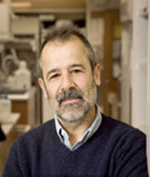
Friday, April 1, 2022, 3:00 PM CST
Presents: “Pathogen restriction and host-specificity: the Salmonella typhi paradigm”
Dr. Jorge E. Galán is a graduate of National University of La Plata, Argentina where he completed his Veterinary Science degree in 1982. Dr. Galán earned his Ph.D. in Microbiology from Cornell University in 1986 and completed his postdoctoral studies at Washington University in St. Louis. Currently, Dr. Galán is the Lucille B. Markey Professor of Microbiology, Chair of the Department of Microbial Pathogenesis and Professor of Cell Biology at the Yale University School of Medicine. He is a member of several Scientific Advisory Boards and has authored more than 200 publications in the field of bacterial pathogenesis and molecular biology.
Dr. Galán has made numerous contributions to the field of bacterial pathogenesis. He has pioneered the study of the cell biology of infection and the mechanisms of pathogenesis of the enteric pathogens Salmonella spp. and Campylobacter jejuni. His work has led to the understanding of mechanisms by which these pathogens enter and replicate within mammalian cells and has established paradigms applicable to other pathogens.
Dr. Denise Monack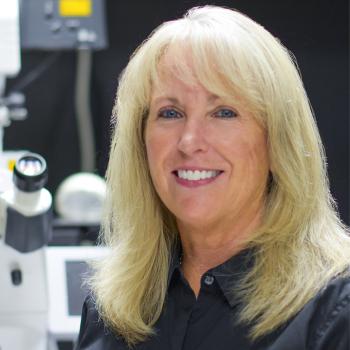
Friday, March 4, 2022, 3:00 PM CST
Presents: “Microbiota, Diet and Pathogen Factors that Impact Gut Super-spreaders”
Dr. Monack is a Professor of Microbiology and Immunology, in the School of Medicine at Stanford University. The primary focus of her research is to understand the genetic and molecular mechanisms of bacterial pathogenesis.
Dr. Monack has a broad training in bacterial pathogenesis, with greater than 30 years of experience working in the field of host-pathogen interactions, and has published many basic research articles on bacterial pathogens and immune responses to infection.
The primary focus of her research is to understand the genetic and molecular mechanisms of bacterial pathogenesis. She is particularly intrigued by host-adapted pathogens that have evolved to persist within hosts for long periods of time.
Dr. Linda Saif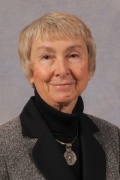
Friday, January 28, 2022, 3:00 PM CST
Presents: “Emerging coronaviruses and COVID-19: Interspecies transmis-sion and One Health perspectives ”
Dr. Linda Saif is a Distinguished University Professor at The Ohio State University (OSU) in the Center for Food Animal Health (CFAES, OARDC) and College of Veterinary Medicine and co-Director of the Virus and Emerging Pathogens Program (OSU Infectious Diseases Institute). Her degrees include a BA from The College of Wooster and MS/PhD from OSU.
Dr. Saif is known internationally for her 4 decades of research on coronavirus infections of livestock, wildlife, and humans (SARS, MERS, SARS-CoV-2, Canine CoV-HuPn-2018) and their zoonotic potential and mechanisms of interspecies transmission.
Dr. Saif has coauthored over 420 referred journal publications and 78 book chapters. During the COVID-19 pandemic, she is providing One Health expertise about coronaviruses and SARS-CoV-2, including pathogenesis, vaccines, interspecies transmission and zoonoses.